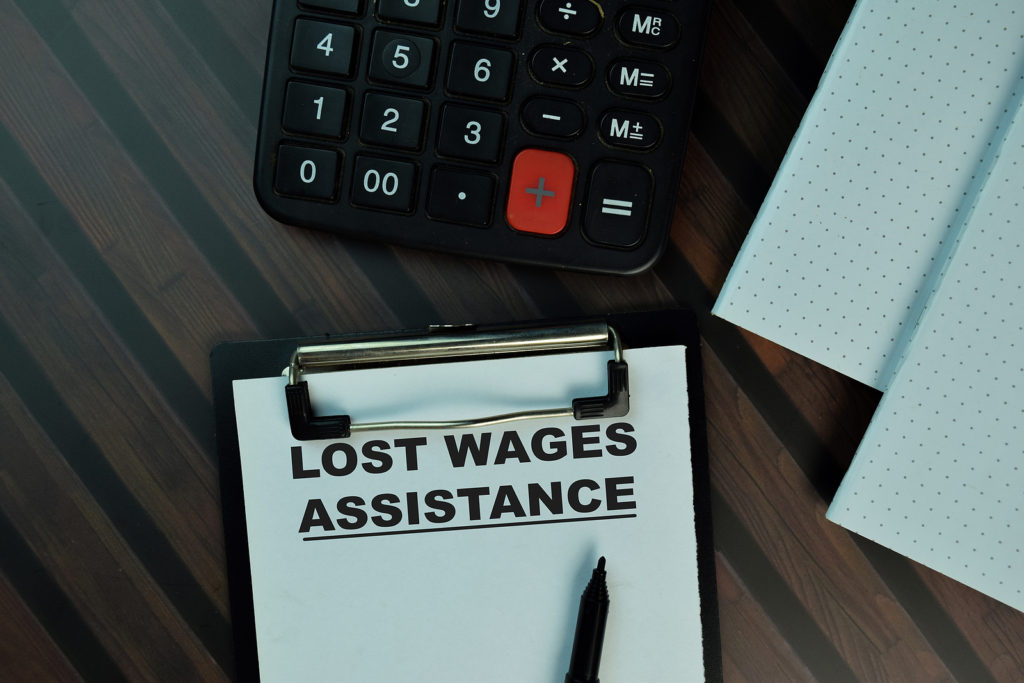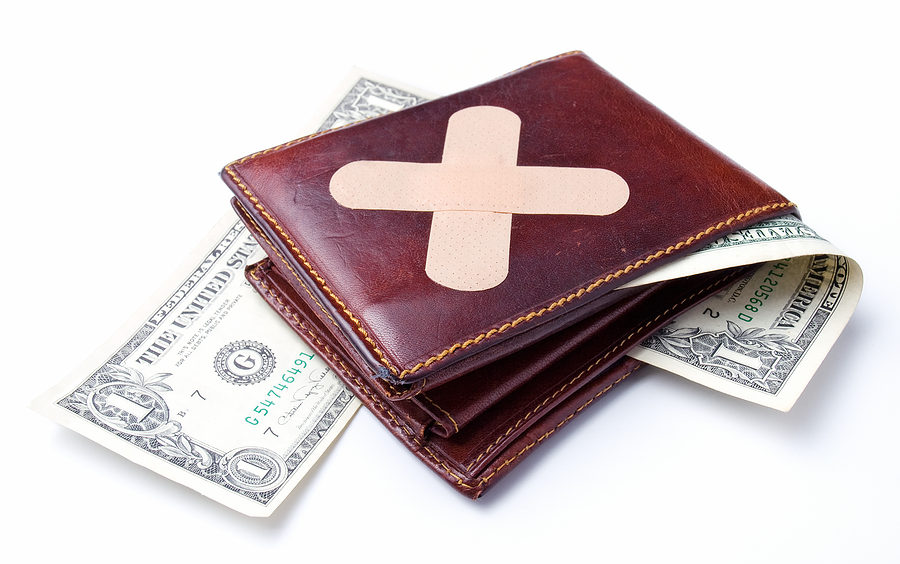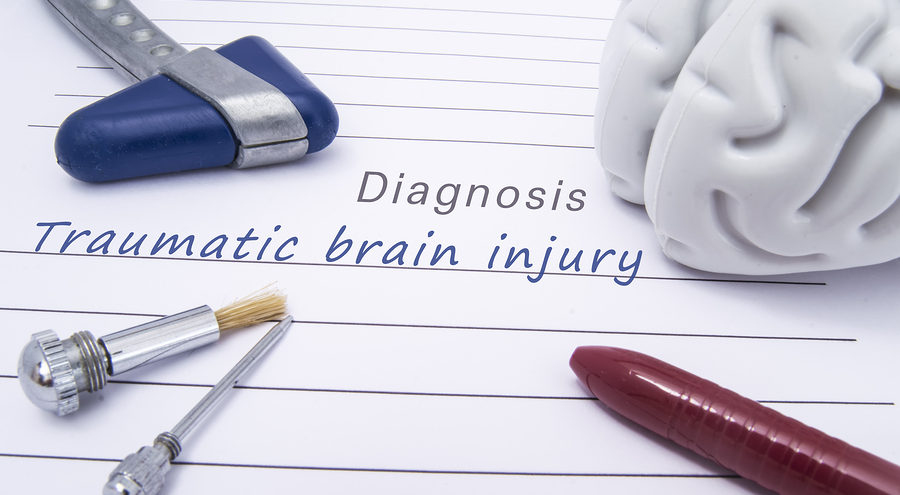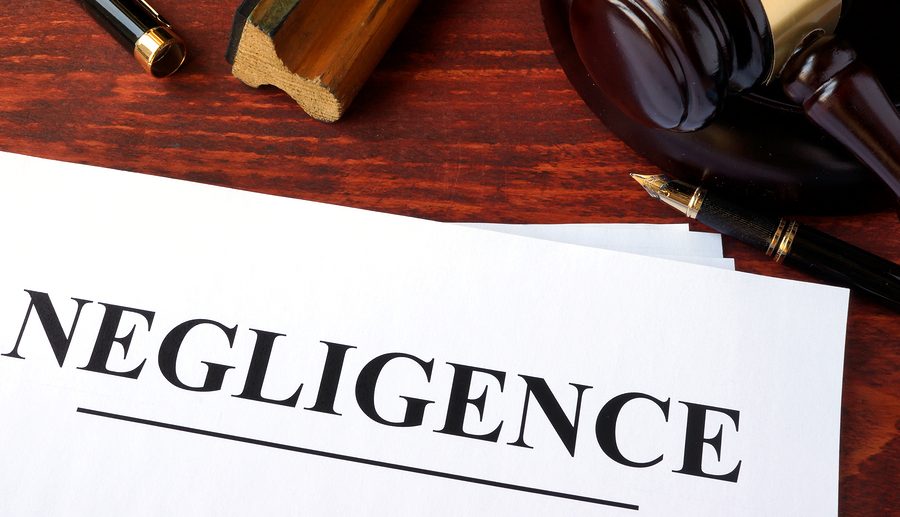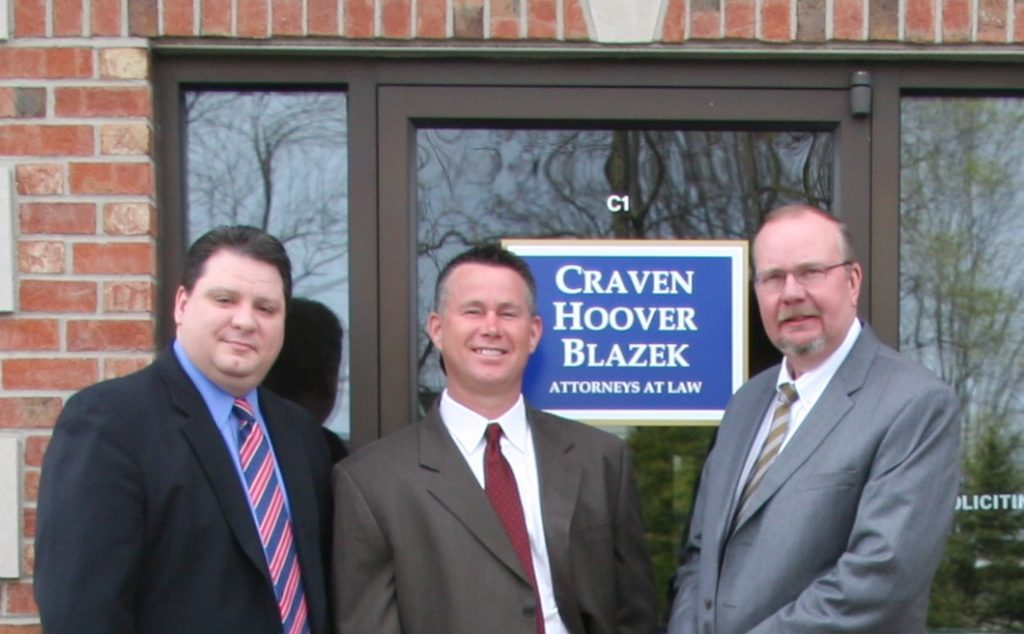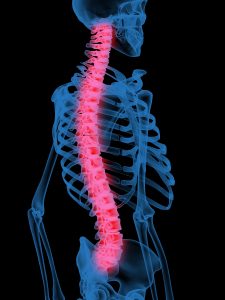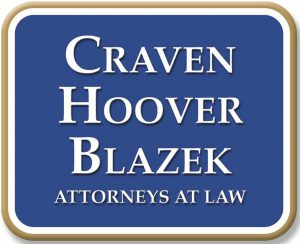It is a well-known fact that traveling via airplane is statistically safer compared to traveling via car, bus, train, or any other kind of grounded motorized vehicle; however, accidents and injuries on airplanes still happen. Aside from an airplane crash, which often results in a significant number of fatalities, other types of accidents can happen on an airplane. If you are injured on an airplane, do you have the right to sue the airline in order to recover compensation for your damages and losses, such as hospital bills, medical expenses and pain and suffering?
Continue reading to learn what you need to know about common carrier lawsuits, specifically your rights to sue and airline after being injured on the plane.
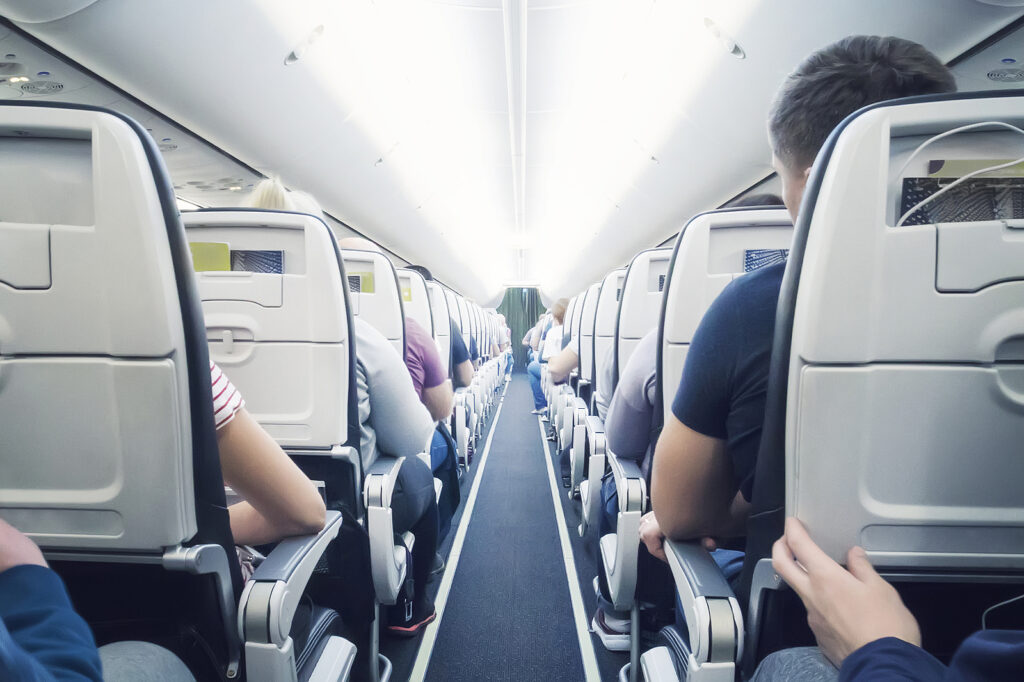
Common Carrier Airplane Accidents
An airplane is a common carrier. The term “common carrier” refers to any entity that provides transportation services for the public. In the case of an accident, common carriers are held to a more stringent duty of care in comparison to private carriers. So, when common carrier accidents do occur, such cases are usually taken very seriously and investigated thoroughly.
There are many ways a person can be injured in an airplane. Sprained ankles, broken bones, slip and falls, head injuries, and even assault are common injuries that result from accidents that occur on an airplane.
Common Carrier Liability
Regulatory bodies that set standards for safety and other types of concerns are the authorities that govern common carriers. For example, the governing regulatory body for commercial airlines is the Federal Aviation Administration (FFA). In terms of safety, these standards obligate common carriers to utilize the highest degree of diligence and care for the sake of their passengers and cargoes. And when common carriers fail to adhere to such regulations, they can be held legally responsible for any damages and losses suffered by those affected by their negligence.
What does all this mean? Well, an airline has a duty of care to ensure that the passengers are safe from all foreseeable hazards. For instance, an airline must ensure that their pilots are fully trained and knowledgeable of all instruments and procedures on the particular planes will be operating, the airline staff has a duty of care to ensure that there is a clear and safe path way from their seats to the bathroom, that overhead bins are not overloaded with luggage that can fall on top of passengers and cause head injuries, and that all weather reports have been extensively scrutinized in order to ensure safe journey to the ultimate destination.
In the cases of what the law calls “acts of God”, like natural disasters and unforeseeable types of turbulence, it is quite difficult to recover settlement and accident case. In such cases, airlines are usually protected against being sued, but every case is fact dependent.
Other Possible Liable Parties
Aside from the actual airline, there are other possible responsible parties in an on-flight airplane accident. Such parties depend on the cause of the accident. For instance, the aircraft repair company can be held responsible for negligently maintaining or repairing the aircraft, while also manufacturers and sellers of aircraft parts can be held responsible if some sort of negligence occurred on their behalf. Even passengers can be held responsible for an on-flight airplane accident, such as in the case of assault.
What You Need to Do as a Victim of an Airplane Accident or Injury
If you are injured on an airplane, it is important that you learn your rights to pursuing legal action against the airline or other possible parties so that you may obtain the monetary relief you deserve to cover all of your pain and suffering, lost wages, and all medical bills resulting from your injuries. As an airline accident victim, the best way to learn your rights after an on- flight airplane accident is to consult with a seasoned Indianapolis Indiana personal injury attorney. We have the knowledge, experience, and resources to determine the strength of your case and to properly document and prove your damages and losses.
Are you ready to learn more about your rights after being injured on an airplane? Contact the Law Office of Craven, Hoover, and Blazek P.C. at 317-881-2700 to speak with a skilled and experienced personal injury lawyer in Indianapolis Indiana. We can conduct consultations for free, over the phone, via video conference, or in person at our office. We represent injured persons and dependents following the wrongful death of a loved one throughout the state of Indiana and for Indiana residents injured throughout the world.
You Should Also Read:
What is a Class Action Lawsuit?
Steps to Take After Being Injured in a Ride Share Accident
Facts About Indiana Bus Accident Law



